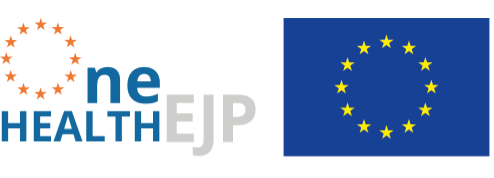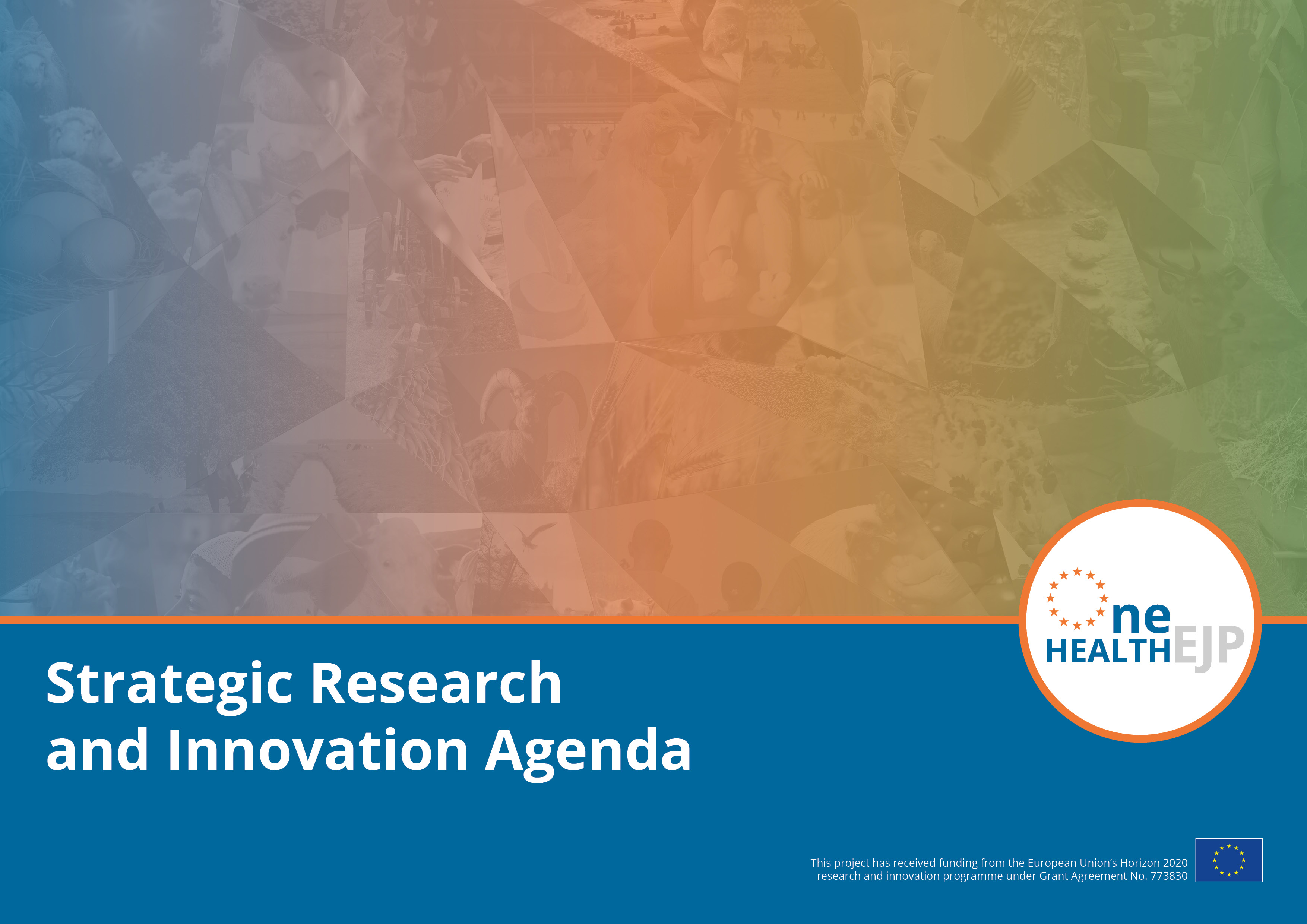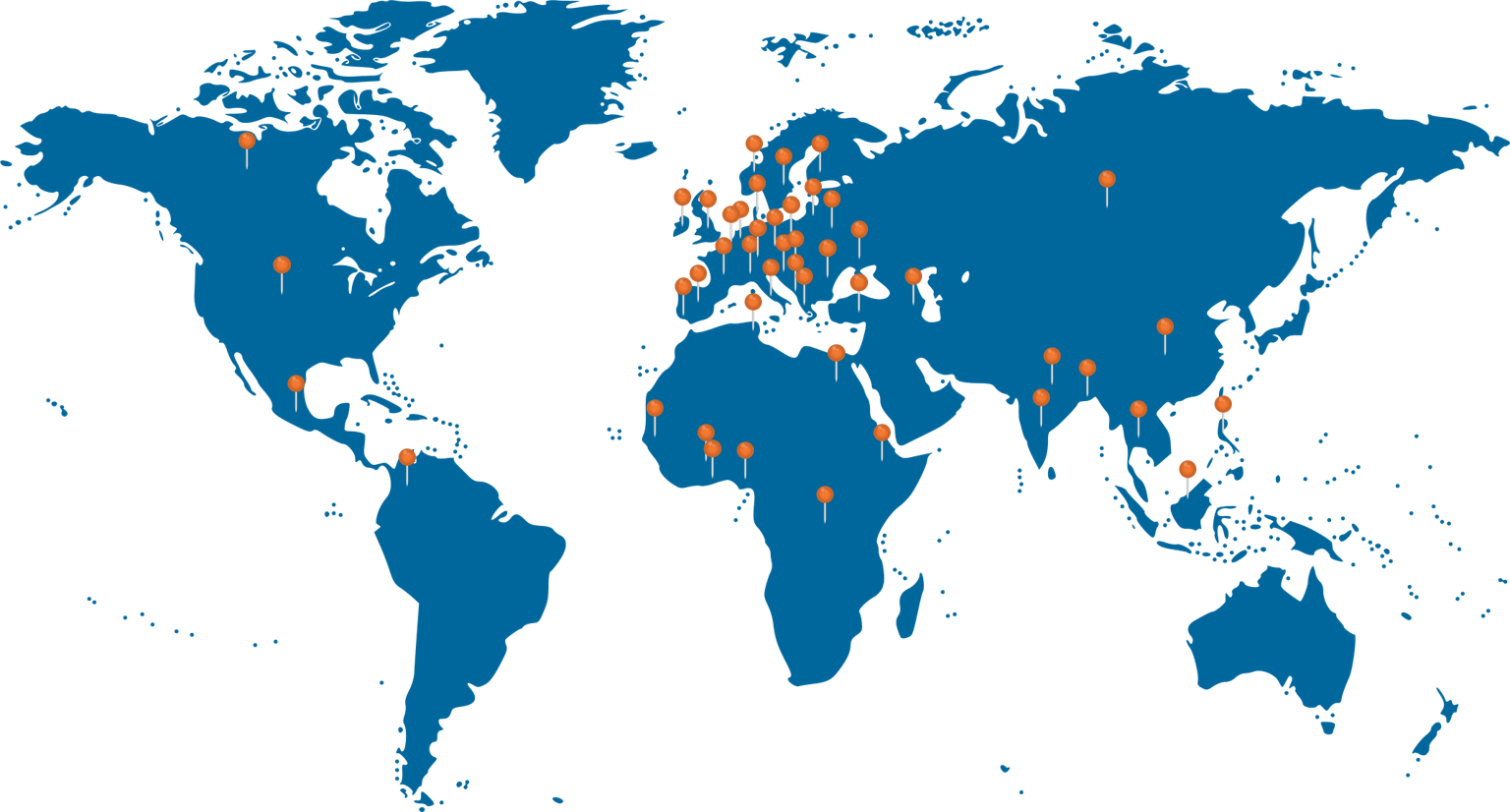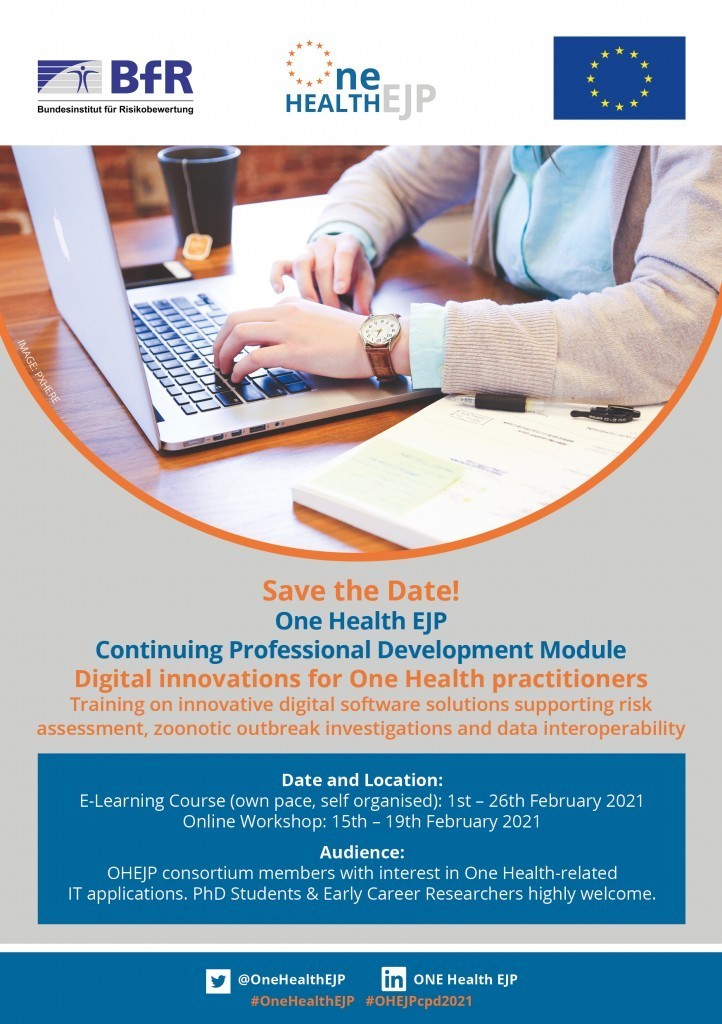PMC-POC Meeting 2022 – Future Legacy of the One Health EJP
Over the last five years, the integrative research activities undertaken by the One Health EJP have delivered a wide range of innovative outcomes applied to the global threats of zoonotic diseases and antimicrobial resistance. Prior to programme completion in September 2023, our objective is to publicise these achievements and encourage their uptake by external stakeholders, in order to gain impact at the national, European, and international levels. This strategy will ensure the legacy of One Health EJP’s work.
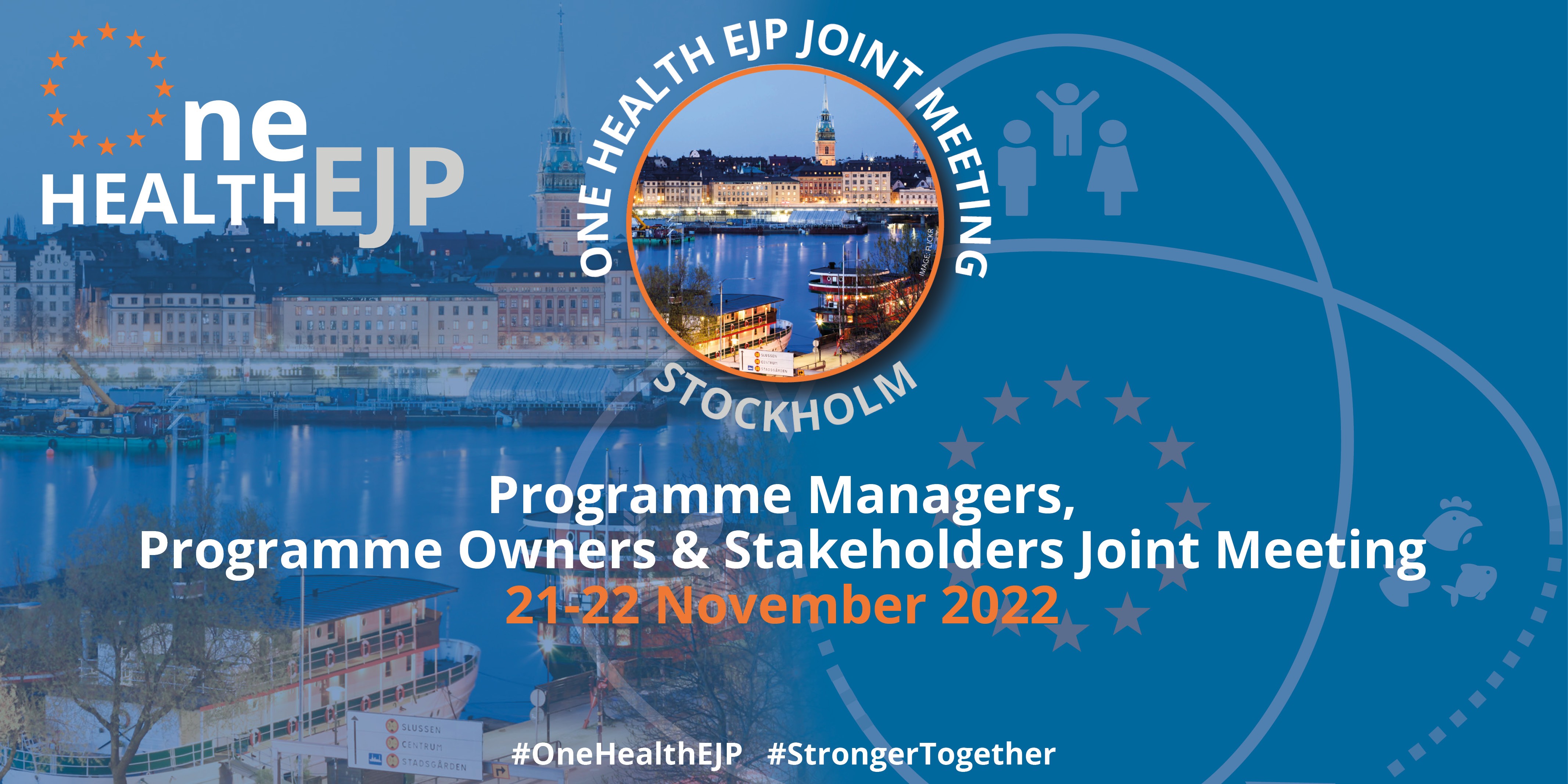
This important process started at the Programme Managers Committee (PMC) and Programme Owners Committee (POC) joint meeting on 21-22nd November, held at the Public Health Agency of Sweden (FoHM) in Stockholm and co-organised by the Swedish National Veterinary Institute (SVA). Interactive meeting sessions and an informal social dinner brought together over 70 invited attendees, including stakeholder committee representatives from ECDC, EFSA, EEA, WOAH, European Commission’s Directorate-General Agri (Agriculture and Rural Development), JPIAMR, and national government agencies.
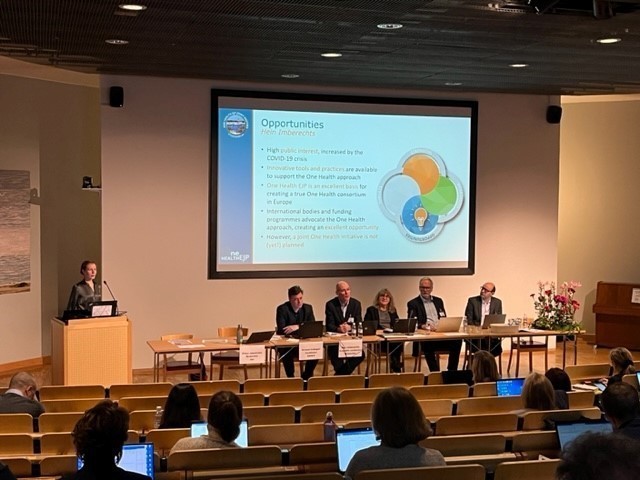
The lively plenary session shared One Health EJP’s history and journey, with a review of the programme’s achievements based on an earlier SWOT (Strengths, Weaknesses, Opportunities and Threats) analysis. We highlighted the main strengths and opportunities provided by our transdisciplinary European collaborations. These included our development of new databases and tools, harmonisation of protocols that both improve One Health preparedness across sectors and will further advance the One Health approach across Europe. We emphasised how our novel doctoral programme and innovative education activities have trained future One Health professionals. Despite our many successes, discussions focused on some limitations, such as the short time frame, restricted geographic range, and lack of environment inclusion in our programme. Overall, the One Health EJP is an excellent basis for creating a true One Health consortium in Europe.
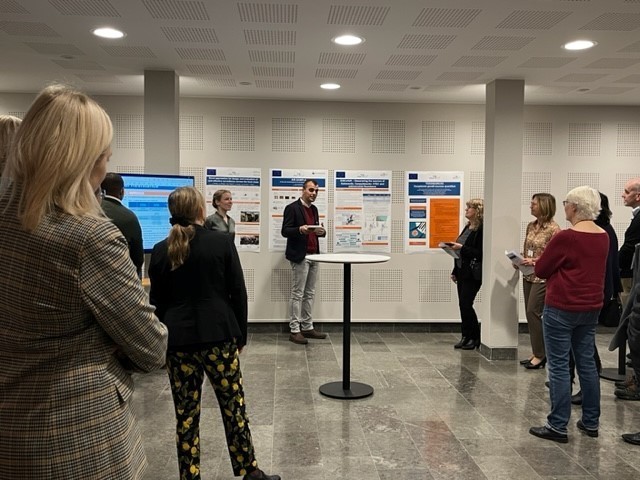
Selected project members from 15 joint research projects then engaged with the audience in a dynamic poster session, presenting project outcomes and expected impacts. They focused on surveillance (data interpretation and cross-sector communication; design and implementation of surveillance activities), prevention and response, and laboratory methods across the 3 domains of intervention. Another plenary session for the 6 joint integrative projects (ORION, COHESIVE, CARE, OH-HARMONY-CAP, MATRIX and COVRIN) provided opportunity for the presentation of key outputs to be used by stakeholders. Project leaders and senior scientists shared the selected outcomes and expected impacts from these JIPs. This session also included an update on the successful SimEx 2022 project, which was delivered in European countries as a table-top exercise with an adaptable zoonotic outbreak scenario. SimEx was implemented from September 2021 to December 2022 and gathered 257 participants from 11 countries.
Roundtable discussions explained how our Consortium has contributed to the institutionalisation of the One Health approach in Europe. Case examples were provided from Sweden and Italy to explain the efforts for putting in place a One Health approach at the national level. For both countries, the institutionalisation of the One Health approach is generally effective, although more work can be done to improve upon existing frameworks.
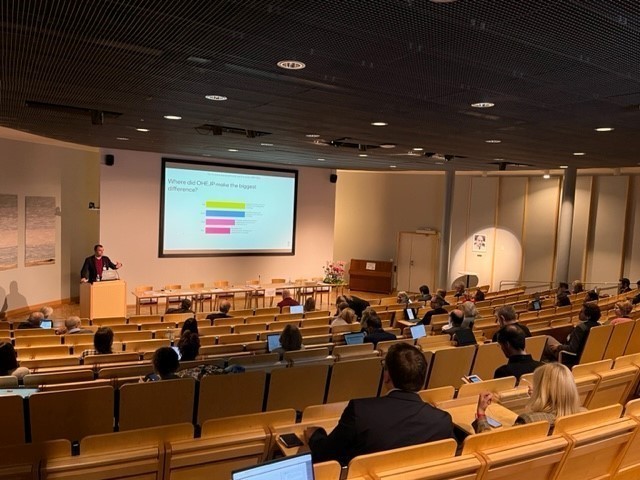
Enthusiastic audience participation in the final Mentimeter question session generated useful feedback on what individuals have gained from the One Health EJP and consider important for the future. Participants considered that the scientific research activities and capacity building with joint infrastructure were the principal outcomes from our programme. Their appreciation for our extended and consolidated, international One Health network will be beneficial for subsequent impacts of our work. Participants suggested future European One Health research programmes should also include topics of animal welfare, wildlife, and the environment, with contributions from social sciences and the use of citizen science engagement.
This joint meeting has strengthened relationships between Consortium members and external stakeholders to ensure the One Health EJP legacy in future One Health activities across Europe. We look forward to further expanding our communications with different audiences at events this year, including at the Stakeholder Conference “Collaborating to face future One Health challenges in Europe” from 19th to 21st June 2023. Let us continue to work together to benefit One Health this decade!
